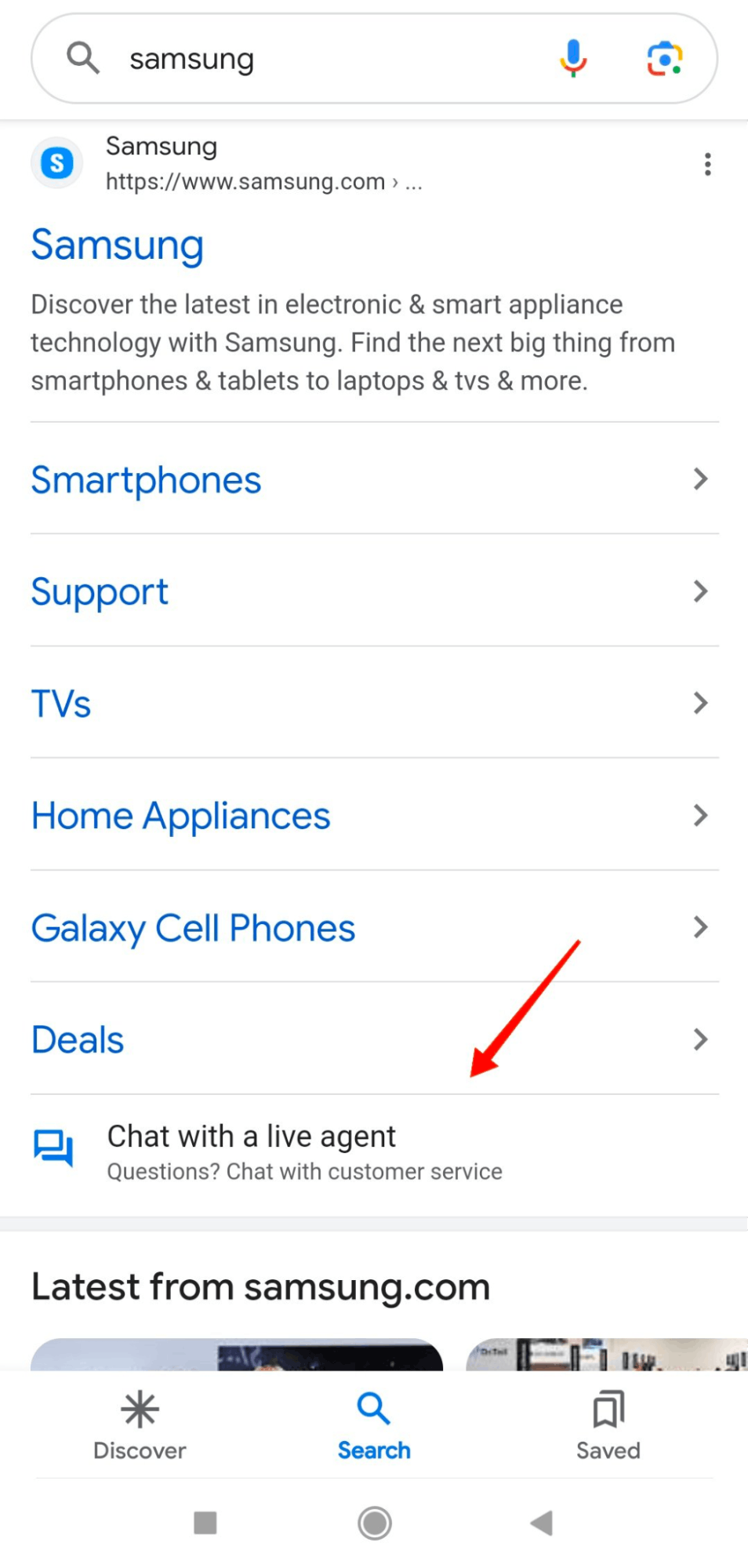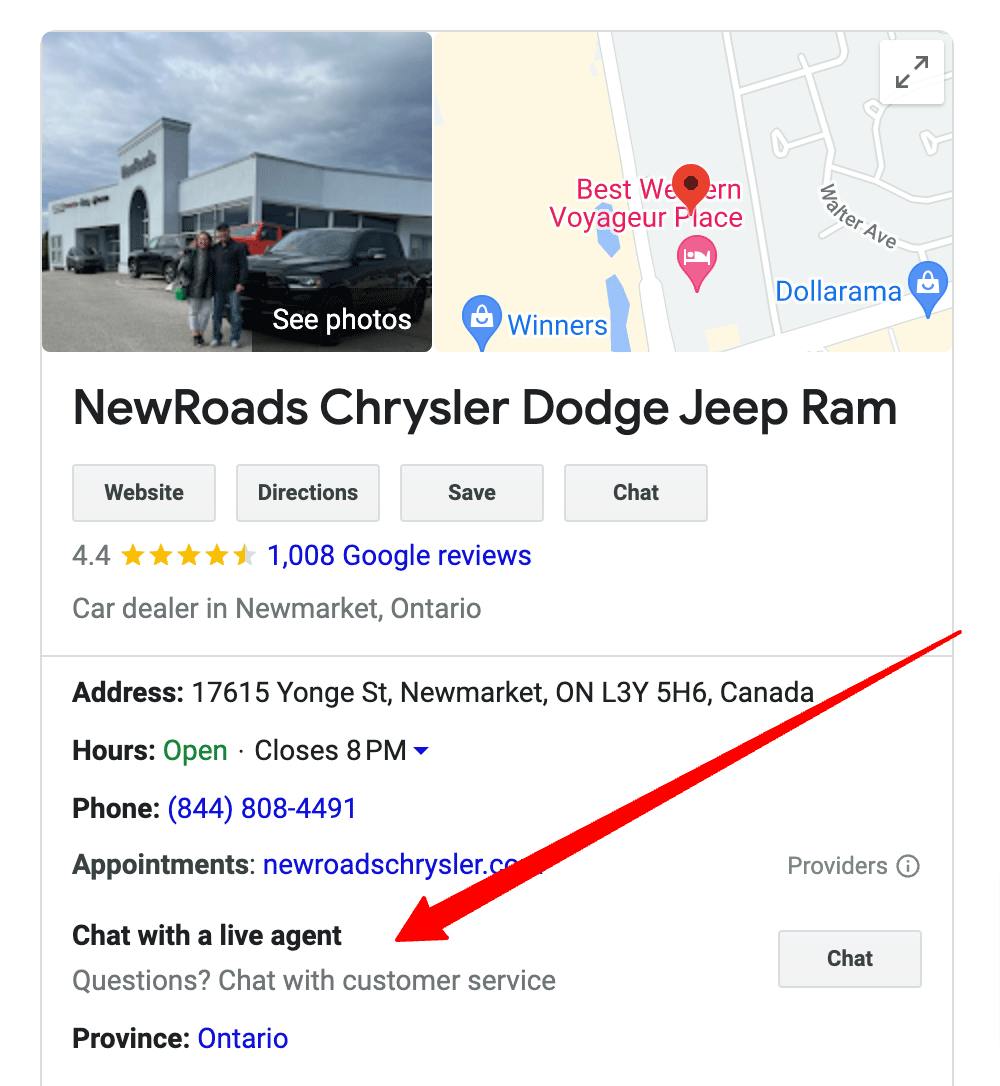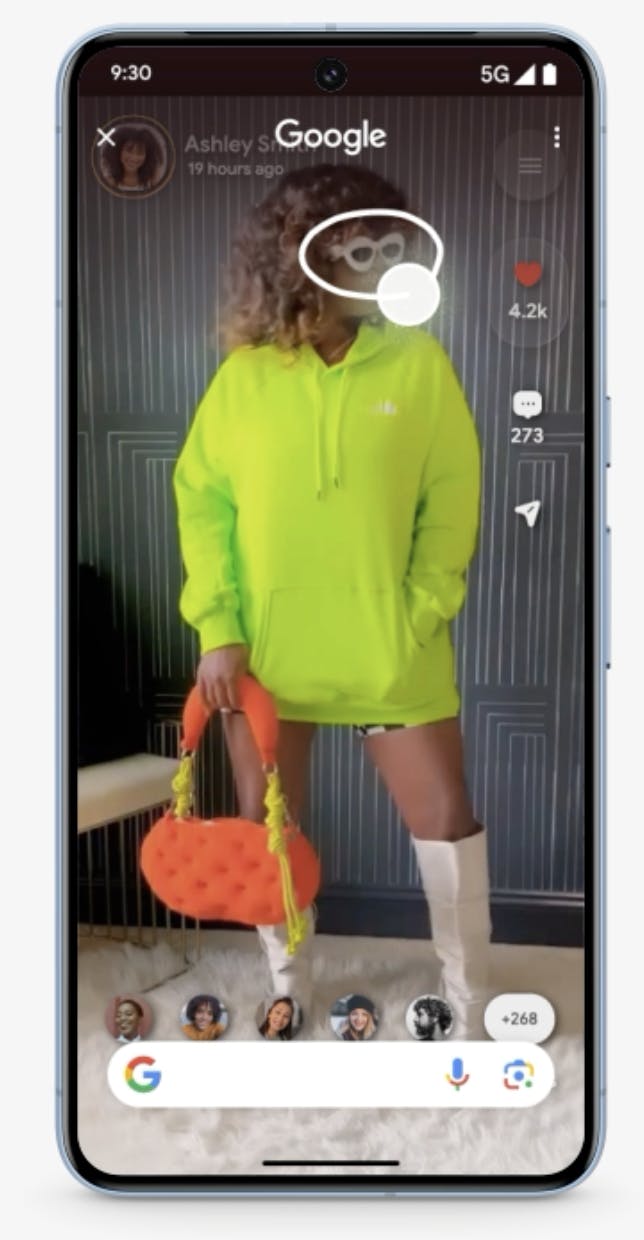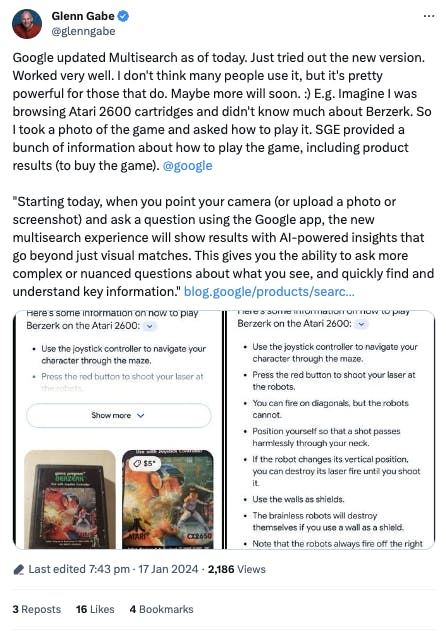January 2024 Google algorithm and search industry updates
After a relatively calm and stable December, January also saw no significant Google Algorithm Updates or Core updates.
However, now that March is only one month away, Google has officially announced that Interaction to Next Paint (INP) will replace First Input Delay (FID) as a Core Web Vitals metric on March 12, 2024. We’ll take a look at what this means for website owners in more detail below.
In addition to this, Google has released a series of updates and new features such as a ‘Chat With a Live Agent’ snippet, an updated SEO Starter Guide, and a couple of new ways to search in 2024. While these are unlikely to have a major impact on rankings, they are still important to be aware of, particularly the updates to the Starter Guide if you are new to SEO.
Allow our traffic light system to guide you to the articles that need your attention, so watch out for Red light updates as they’re major changes that will need you to take action, whereas amber updates may make you think and are definitely worth knowing but aren’t urgent. And finally, green light updates which are great for your SEO and site knowledge but are less significant than others
Keen to know more about any of these changes and what they mean for your SEO? Get in touch or visit our SEO agency page to find out how we can help.
Google search snippet “Chat with a live agent”
Google is currently testing a “Chat with a live agent” button directly within search result snippets. However, it currently needs to be made clear where exactly in feature is available.

While Google has previously implemented such buttons in the local pack and local panels, this represents a new test where users can potentially engage with live agents directly from the search results.

This feature, if rolled out, could offer users a more immediate and direct way to interact with businesses or service providers without having to navigate to specific websites or pages.
Google’s SEO starter guide updates: Branding in, keywords out
Google has recently revealed plans to update its SEO Starter Guide, a resource designed for beginners in the field. This move aims to remove outdated advice and better cater to the needs of individuals venturing into SEO. Despite the guide currently boasting an impressive 91% user satisfaction score, Google is committed to refining it further for an even more user-friendly experience.
But what changes will be made?
HTML Structure and Search Rankings
One significant area of focus outlined during a podcast by Google’s Search Relations team is the impact that HTML structure has on search rankings. While acknowledging its relevance, the team emphasised that the influence of proper HTML structure on rankings may not be as impactful as commonly perceived.
Domain Names
During the podcast, the team discussed the role of domain names in SEO. They concluded that organisations should prioritise branding over keywords when selecting a domain name. The rationale behind this recommendation lies in the emphasis on establishing a recognisable brand, which should take priority over selecting domain names solely for SEO purposes.
Meta Tags
The team took a cautious approach when discussing the role of meta tags in SEO, with the team concluding that they have minimal impact on rankings
What does this mean for SEO?
The evolving guidance from Google underscores the dynamic nature of SEO. Individuals involved with SEO at their organisation should be aware of these changes to ensure their strategies align with these best practices and insights.
The updated SEO Starter Guide can be accessed here.
In January, Google introduced two major upgrades to its search functionality for 2024: Circle to Search and the AI-powered multi-search experience. These updates showcase Google’s dedication to constantly improving its search engine capabilities.
Circle to Search
From January 31st, Android users will be able to use a new feature called Circle to Search. This feature will allow users to search for anything on their screen without needing to switch apps. To perform a search, users can circle, highlight, scribble, or tap on the desired item.
Instead of interrupting your current activity to switch to another app or browser for information, you can now search right on your screen while texting, browsing social media, or watching a video. This makes exploring information a quick and seamless experience, enhancing overall user convenience.

AI-powered multi-search experience
In 2022, Google introduced the innovative feature called ‘multisearch in Lens’, enabling users to search using images and text. Initially designed to enhance visual queries, this feature has evolved significantly due to advances in artificial intelligence.

Today, when users in the US use their camera to ask a question within the Google app, the multi-search experience will provide AI-generated insights that go beyond just visual matches. Instead, users will be able to ask more complex questions and obtain context to the images they are enquiring about.
As an example, if a user sees a game they are unfamiliar with, they will be able to take a photo of it and enquire about how to play it through the Google app. The new multi-search experience will then provide a set of comprehensive instructions on the game and provide links to other websites to enable the user to get all the details they need.
What does this mean for SEO?
From an SEO perspective, these advancements in Google’s search features highlight the increased emphasis that is being placed on optimising visual content.
For better visibility, website owners should focus on optimising images and other media elements. This involves using descriptive file names and relevant alt text for images. Additionally, the ability for multi-search to answer questions highlights the importance of long-tail queries. Creating content specifically tailored to address user enquiries will be crucial when it comes to leveraging this feature and benefiting from improved search performance.





